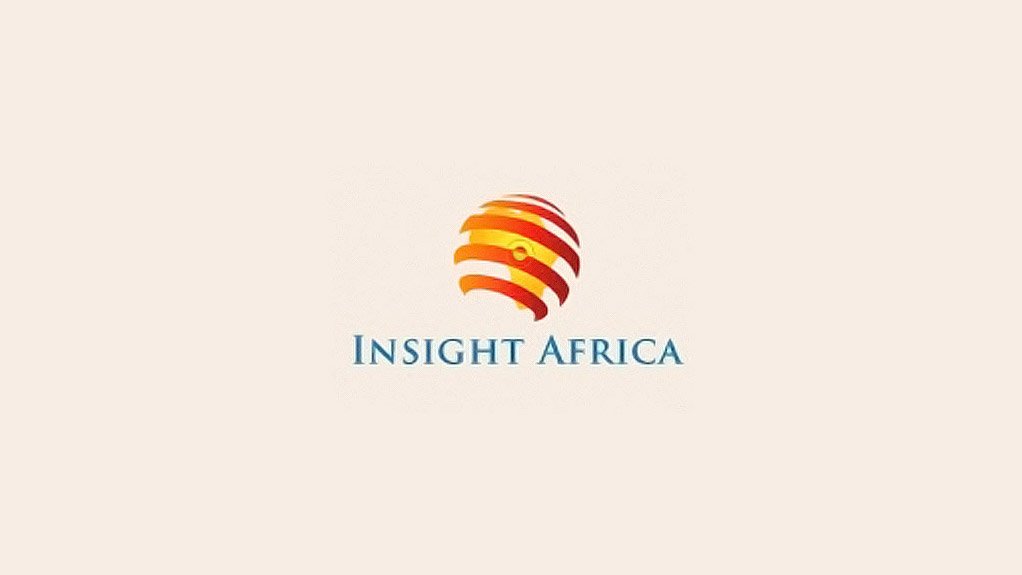This very moving book, described as a "short and simple manual any community of principals, teachers and parents can use to ‘turn around’ a dysfunctional or ineffectual school” is anything but "simple". It represents the combined efforts of Professor Jonathan Jansen, who identified 19 "successful” schools around South Africa, and researcher Molly Blank, who travelled around the country filming the schools and talking to their principals, teachers and students.
The book suggests 10 key strategies that work - strategies focussing on such things as structure, routine, discipline, high expectations and belief in the student's ability to learn, extending the time for learning, extra support for students who struggle, involvement in the community, leadership from the principal, and minimal interference from unions.
Reading the book reminded me of a passage in Thomas Friedman's The World is Flat. “Give me a kid with a passion to learn and curiosity to discover and I would take him or her over a less passionate kid with a high IQ every day of the week…because curious, passionate kids are self-educators and self-motivators - nobody works harder than a curious kid".
In fact, this book is about passion, passion for education, passion for learner success, and passion for nurturing the whole human being, passion (as one principal put it) "for teaching students to be and live their dreams". It is also about passion for large-scale renewal in the South African context. It is a moving testimony as to how our schools can be turned around. Take Mpumelela secondary school in KwaZulu Natal. This is worth quoting at length: “The school was started in 2005. Eight years on, staff and the pupils would say things are simply getting better. Today pupils still share chairs, sit on bricks and blocks, and sometimes squat or sit on the floor. When it rains, they move around to avoid water dripping onto their books. Pit toilets remain. There are three mobile classrooms, and all are very crowded….. Grade 12 learner Andile Makhowana doesn't dwell on the conditions at the school because they are not so different from those at home, where he studies by candlelight. He says the school is for his future”
In 2009, still without electricity, Mpumelela managed to achieve a 100% matric pass rate. They have done so since then. "One key to Mpumelela’s success is how learners meet expectations how the role of a teacher conveying faith in the child's abilities cannot be underestimated. The fire of passion and curiosity is lit by the teacher who believes in the pupil’s ability to learn against all odds. In fact, nothing less than a 100% pass rate is accepted by these schools.
Furthermore, they do not accept 35% as an individual pass. These principals and staff know that a 35% pass is totally unacceptable. It is why of the 20% of high school graduates who qualify for university, around 50% drop out because of poor preparation for university discipline – including the ability of how to learn, to ask good questions, to plan, to organise their learning and to think. This book is a commendably practical and inspiring monument to the fact that we can turn around our schools.
Not so long ago Singapore embarked on an educational reform movement. The motto was: "Thinking Schools, Learning Nation!" Harvard educator Tony Wagner quotes Singapore's Minister of Education: "One of the key adjustments is how we educate our young so as to develop in them a willingness to keep on learning, and an ability to experiment, innovate and take risks. This ability to create and innovate will be Singapore’s most important asset in the future".
This could also happen in South Africa if Professor Jansen and Molly Blank’s advice is followed because we have the teachers, the schools, the funding and the know-how. But instilling in our principals, our teachers and our pupils the passion and curiosity, and to teach pupils how to ask good questions, raise the cognitive demands in the classroom and so achieve what we all wish for - that is the challenge, a challenge which Thinking Schools in South Africa has taken up.
This book, with its two graphic videos, ought to be distributed and read by all concerned with education and particularly principals and teachers but also thinking parents. It is available at all leading bookstores and at www.kalahari.com
Written by Dr Anita Worrall, Founder & Director, Pro Ed Centre, Cape Town and chairwoman of Thinking Schools South Africa
Editorial Note:
Education and skills transfer is one of Omega’s substantive concerns, which is why The Thinking Schools Movement in South Africa is our chosen charity. Professor Jonathan Jansen, patron of Thinking Schools, and Molly Blanks’ book looked interesting, and so we asked Dr Anita Worrall, Chairwoman of Thinking Schools to review it.
EMAIL THIS ARTICLE SAVE THIS ARTICLE
To subscribe email subscriptions@creamermedia.co.za or click here
To advertise email advertising@creamermedia.co.za or click here











